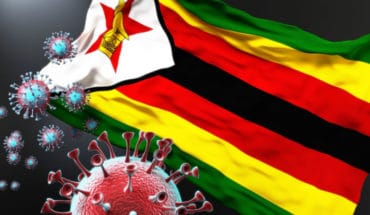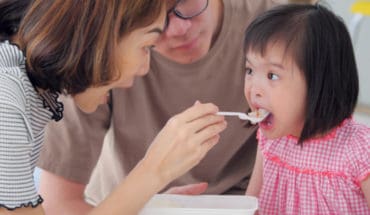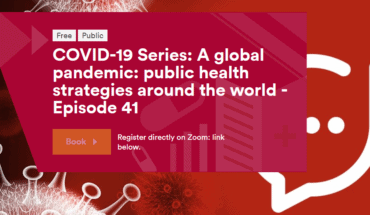Despite lockdown loosening, self-isolation is still an important part of the covid-19 crisis for many people. As the situation and the rules change, it can be confusing to work out if or how long you should self-isolate for. In this article, we take you through the official advice and conditions for self-isolation from NHS online.
In short, how long you need to self-isolate depends on if you have coronavirus or you’ve been in close contact with someone who does.
1. If you have symptoms of coronavirus or have tested positive:
– Self-isolate for at least 7 days.
You must self-isolate for at least 7 days if:
• you have symptoms of coronavirus and tested positive, had an unclear result or did not have a test
• the test was positive but you have not had symptoms
The 7 days starts from when your symptoms started. If you have not had symptoms, the 7 days starts from when you had the test.
– Stop self-isolating after 7 days if you feel OK.
You can stop self-isolating after 7 days if either:
• you do not have any symptoms
• you just have a cough or changes to your sense of smell or taste – these can last for weeks after the infection has gone
– Keep self-isolating if you feel unwell.
Keep self-isolating if you have any of these symptoms after 7 days:
• a high temperature or feeling hot and shivery
• runny nose or sneezing
• feeling or being sick
• diarrhoea
• loss of appetite
Only stop self-isolating when these symptoms have gone.
Furthermore, if you have diarrhoea or you’re being sick, stay at home until 48 hours after they’ve stopped.
2. If you live with someone who has symptoms or has tested positive:
– Self-isolate for 14 days.
You must self-isolate for 14 days if you live with (or are in a support bubble with) someone who:
• has symptoms of coronavirus and tested positive, had an unclear result or did not have a test
• tested positive but has not had symptoms
The 14 days starts from:
• when the first person in your home or support bubble started having symptoms
• the day they were tested, if they have not had symptoms
This is because it can take 14 days for symptoms to appear.
– Stop self-isolating after 14 days if you do not get symptoms.
You can stop self-isolating after 14 days if you do not get any symptoms.
– Keep self-isolating and get a test if you get symptoms.
Get a test to check if you have coronavirus if you get symptoms while you’re self-isolating.
If your test is negative, you must keep self-isolating for the rest of the 14 days.
You must self-isolate for 7 days from when your symptoms started if you tested positive. This might mean you’re self-isolating for longer than 14 days overall.
3. If you have been told to self-isolate by NHS Track and Trace:
If you’ve been in close contact with someone who has coronavirus, you may get a text, email or call from the NHS Test and Trace service.
They may tell you to self-isolate for 14 days.
Click here to visit the NHS’s contract tracing website.
- What is a seizure? - 13th March 2025
- Febrile Convulsions and Seizures in Children - 13th March 2025
- Why women are less likely to receive CPR or survive cardiac arrest - 6th March 2025






